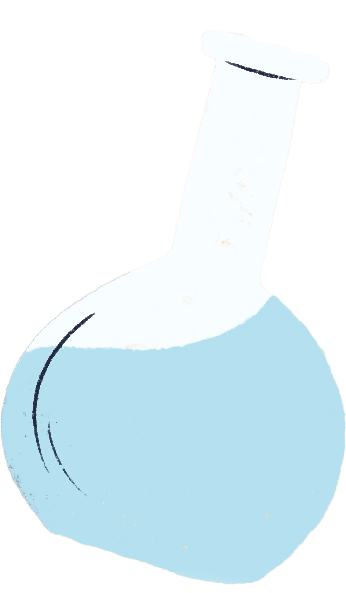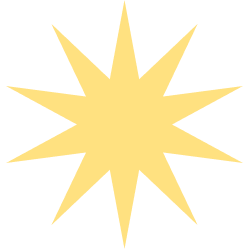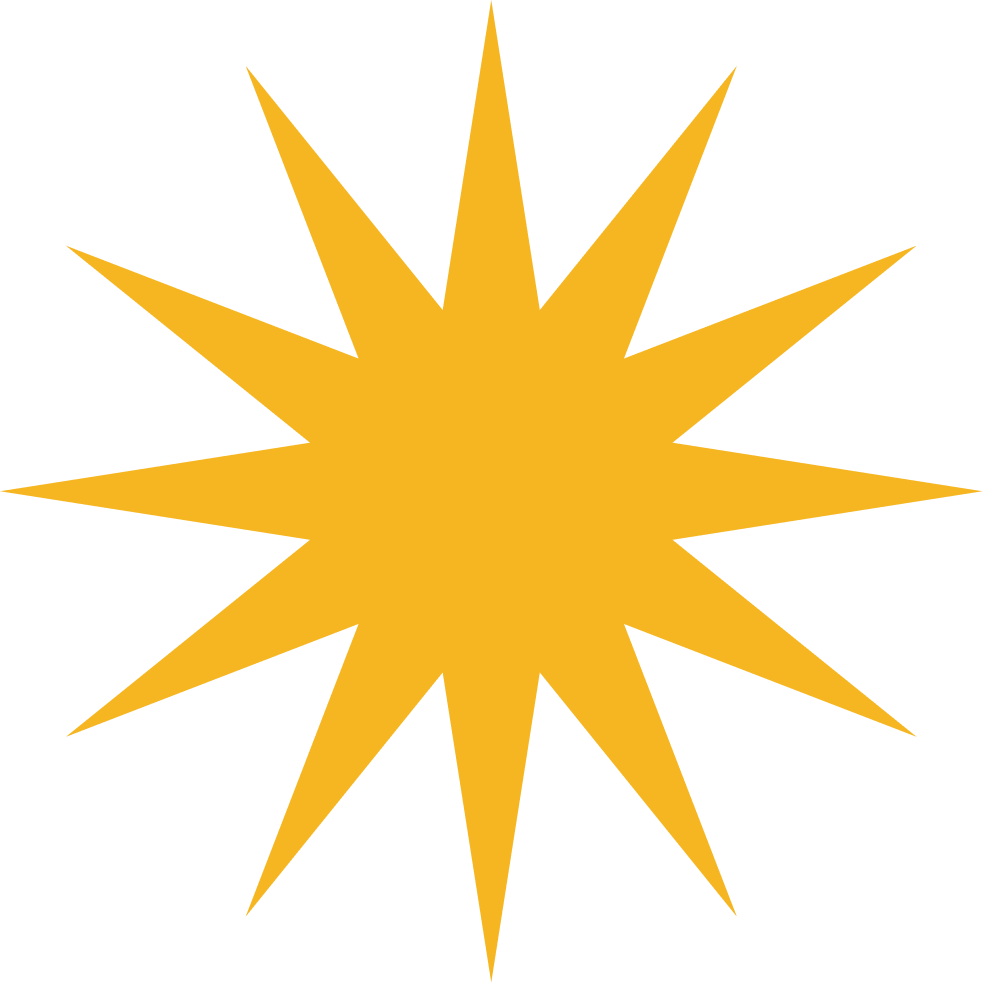
Section Styles spotlight-header
I am an
ANALYTICAL CHEMIST
Cesar Arcasi-Matta
Presented by Illuminaeverything we use is composed of different chemical elements.
As an Analytical Chemist, I use cutting edge scientific instruments to characterize particles that furthers our research.
MY WORK SETTING
Indoor vs. Outdoor
I spend all of my time working inside at a desk.
People vs. Alone
I spend most of my time collaborating with other people.
Creative vs. Defined
Most of my work is creative, while I have some structure to each day.
-
As an Analytical Chemist, I use advanced scientific instruments to test and develop technology that can help scientists around the world learn more about the human genome. The tools I use have countless applications across many fields of science, like medicine and public health.
-
I use a special machine, method, or technology to run tests or experiments to learn something about the material’s properties (for example, the size of a particle or the types of cells in the material).
-
Analytical Chemists are an important part of many different scientific teams, from biotechnology to forensic science to environmental science to cosmetics development. It’s an in-demand position because the core skills are extremely useful across so many fields and industries.
my work needsEssential Skills:
PROBLEM SOLVING
Experiments don’t always go as planned. You need to be comfortable working through problems and finding solutions.
PATIENCE
The drug discovery process can be very slow moving and feel like it has little reward. Patience and being able to think long-term is key to staying focused and motivated.
COMMUNICATION
You must be able communicate with your peers and managers, especially when you need help.
DETERMINATION
We’re often working with completely new methods or techniques, and it’s challenging. Being determined will help you be the best scientist you can be.
DAYS IN THE LIFE
Days in the Life
Come along and explore what three days at my job might look like!
How I Work
Check out what my place of work looks like on an average day.
This is what my workspace looks like!
Whiteboard for taking notes.
Headphones for Zoom meetings.
Peruvian cookbook.
Analytical Chemistry book.
Alpaca / Machupichu poster or Peruvian hanging beads.
Laptop.

Did you know...It’s completely OK to change paths in science!
Many scientists start out in one field and then end up in another later in their career. In fact, sometimes it's even helpful. More and more fields are becoming what we call "interdisciplinary", which means that they rely on more than one field. Even though the details change, many of the general principles and skills in one field can be helpful to another. Being aware of each discipline, will allow you dig deeper into a research question. It takes more work and dedication, but getting a strong foundation in any scientific field opens up a world of possibilities down the line.
Rewarding
These are the parts of my job I find particularly rewarding.
Working with people! My job requires a lot of collaboration.
Having a positive impact on public health and medicine.
But everyone is different! Drag the circles to place them where you rate them.
Challenging
These are the parts of my job I find particularly challenging.
Not seeing results right away.
Troubleshooting problems with new technologies or methods.
Section Styles movable
These are the people I work with:
Engineers
They might work on the equipment you need or take the drug discovery process to another step.
Other Scientists
We’re all collaborating on different parts of the drug discovery process. A biologist might be able to help with another step in the process.
Management
We have to get approval or ask questions of people in management. Since everything runs according to strict regulations, we must check in frequently with management.
WHAT’S NEXT?
What’s next for my field of work?One of the most exciting things about working in STEM is how fast things change. things that aren't possible today could be possible tomorrow.
AI to automate our processes.
A lot of the data that we collect and cross sharing of information that we do is still a slow-moving process. I’m excited for when some things are automated and done more quickly by AI so that we can make quicker progress on life-saving medicines.
Looking for teacher resources?
PHOTOGRAPHER: Tchanavia Lastie • Illustrator: Eira Gemanil© 2024 THE PLENARY, CO. ALL RIGHTS RESERVED. TERMS. PRIVACY.This is a brand new site! See an issue? Let us know.



















